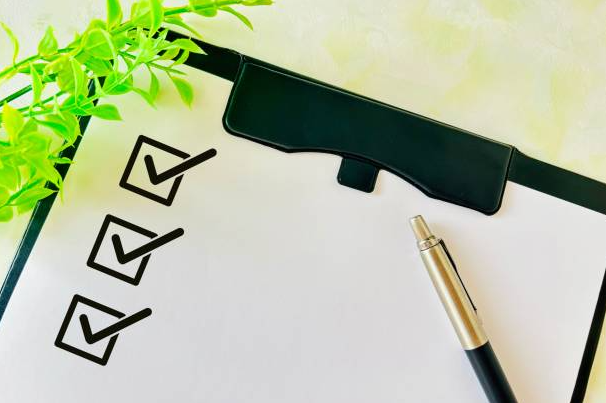
Self-Assessment: Do You Show Signs of the God Complex?
For the past three weeks, we have explored the God complex…what it is, the factors that contribute to its development, and the effects it can have on individuals and those around them. If you missed any of the previous posts, you can catch up via the link below. Part I



